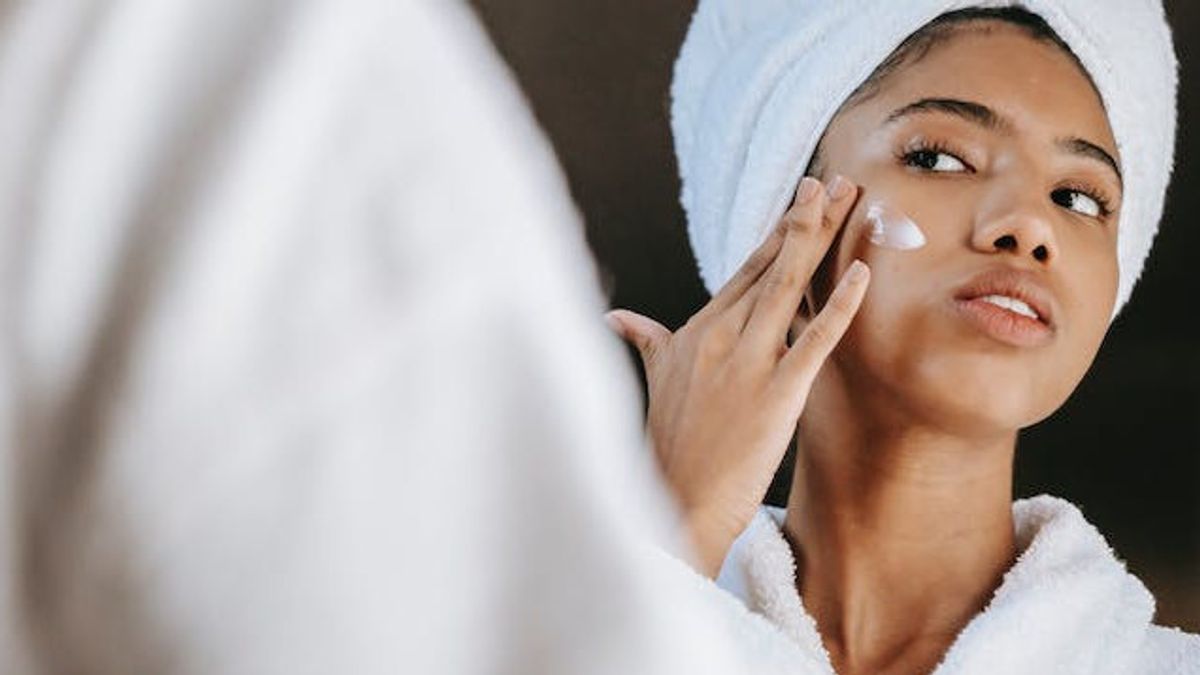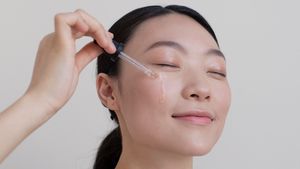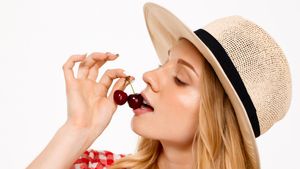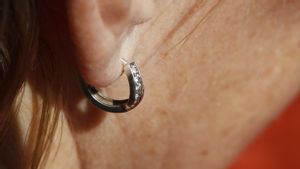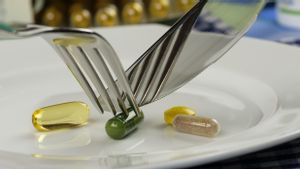JAKARTA - 'Hungover skin' is a term used to describe physical conditions after overnight consuming alcohol excessively, resulting in drinking. Although this term is daily and not a medically recognized condition, this term includes various effects of alcohol on the skin. Alcohol is known to have an effect of dehydration on the body, including the skin.
When a person consumes alcohol, the alcohol itself is a diuretic that can increase urine production and cause dehydration. Extortion skin can appear dull, not luminous, and feels stiff. In a drunken context, dehydration is often more pronounced due to a combination of the effects of alcohol diuretics and lack of water consumption when drinking alcohol.
One of the real effects felt by the skin due to getting drunk or hangingover is swelling and inflammation. Alcohol can widen blood vessels and cause an increase in blood flow to the skin, causing a reddish and swollen face. In addition, alcohol can also damage hours and sleep quality, resulting in fatigue and swelling of the skin.
Another factor that contributes to the hugover on the skin is the impact of alcohol on the body's inflammatory response. Alcohol can trigger chronic inflammation and inflammation responses attributed to various skin problems, including redness, irritation, and worsening conditions such as acne and rosacea. Inflammatory effects due to alcohol can cause the skin to become less ideal, so that the skin looks tired and excited.
Alcohol also affects the production of vasopressin in the body, a hormone that helps regulate water balance. Lowering levels of vasopression can lead to an increase in water loss through urine, which then contributes to dehydration and its impact on the skin. The dehydration skin will feel rough, stiff, and less elastic.
The heart plays an important role in body detoxification, including processing alcohol. Excessive alcohol consumption can burden the liver, causing a buildup of toxins in the body. Although the liver is tough and can regenerate, excessive consumption of alcoholic beverages can have a long-term effect on liver function, potentially having an impact on the health and appearance of the skin.
In addition to these physiological effects, excessive lifestyles related to consumption of alcoholic beverages can also lead to skin hubovers. Poor diet choices, sleep shortages, and ignoring skin care routines during or after alcohol consumption can further worsen the impact on the skin.
To reduce the effects of skin hubover, hydration is key. Drink a lot of water before, during, and after consuming alcohol can help fight the effects of dehydration. Applying moisturizer can also help restore lost moisture and reduce drought.
SEE ALSO:
Carrying out a consistent skin care routine, including using soft cleaners and moisturizers, can contribute to skin health. Avoid excessive alcohol consumption and exercise is essential. Not only for overall health but also for maintaining skin vitality and appearance.
Although the term skin hugover is informal, it reflects the impact of excessive alcohol consumption on the skin. Understanding the physiological effects of alcohol and adopting healthy habits can help a person. Maintain skin health and minimize signs of skin damage that are seen to be associated with getting drunk.
The English, Chinese, Japanese, Arabic, and French versions are automatically generated by the AI. So there may still be inaccuracies in translating, please always see Indonesian as our main language. (system supported by DigitalSiber.id)
